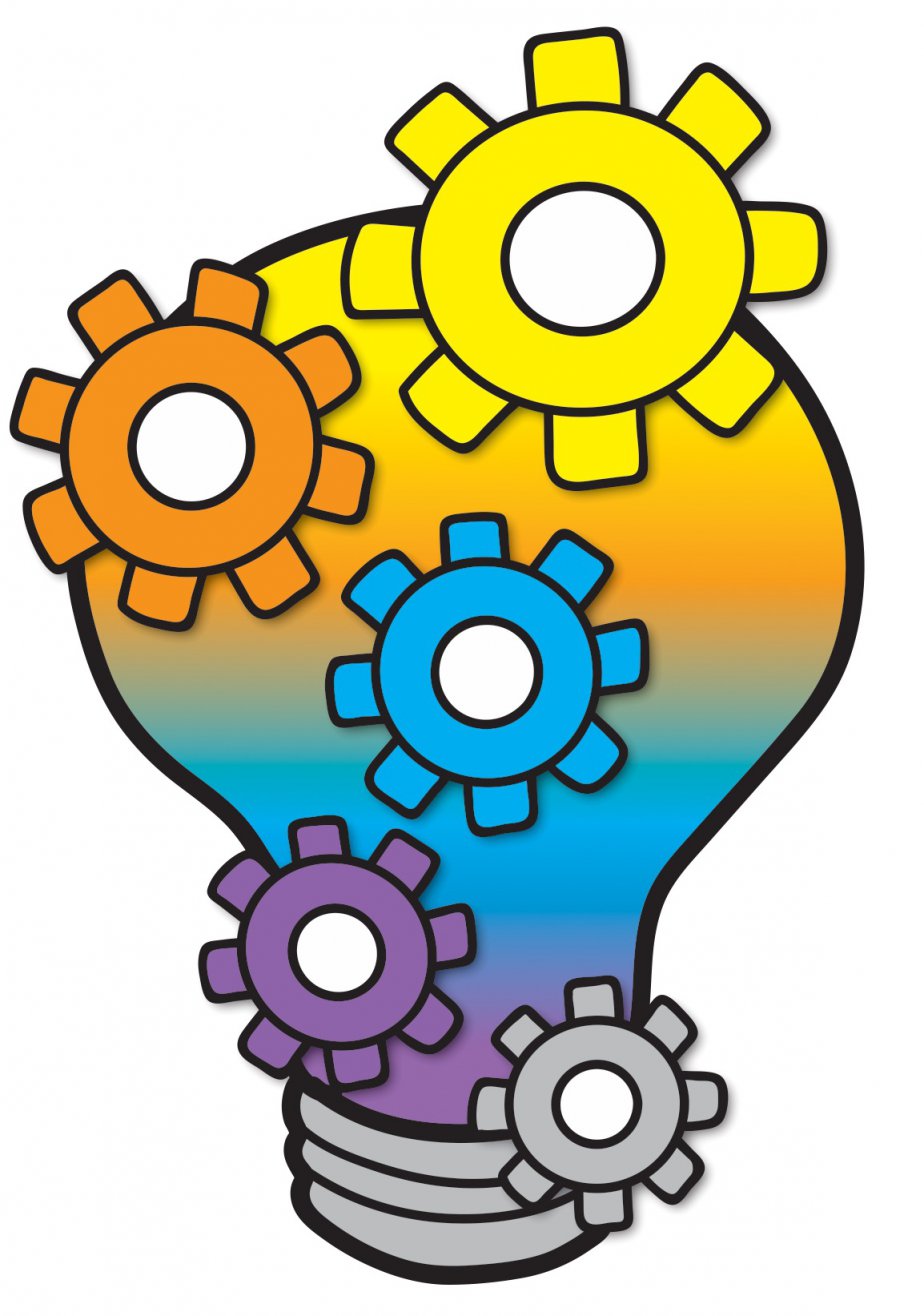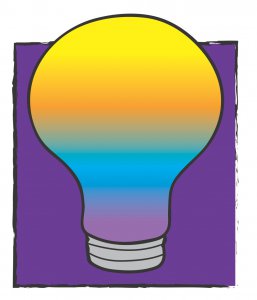ABC OF INQUIRY – LEVELS OF UNDERSTANDING
ABC OF INQUIRY – LEVELS OF UNDERSTANDING “He (she*) who would learn to fly one day must first learn to stand and walk and run and climb and dance; one cannot fly into flying”. Friedrich Nietzsche (* “She/they” added to quote to acknowledge and recognise the many ways and identity claims connected to gender)
To journey and learn…
When a person is learning about a skill, an idea, a concept, a perspective or possibility they travel through different levels of understanding. The process of developing understanding is different with every person and in every context. In order for learners to discuss, plan and have agency in the learning process, they need to have a language of learning and part of this language must include the ability to see, think, reflect on and talk about their understanding. Authors like Dr Robert Marzano have developed scales to help teachers and learners explore and make visible the expectations and possible layers to developing an understanding of a particular idea, skill, etc.
Here are some ideas to help learners explore and talk about levels of understanding. The language can be changed as individual learning communities collaborate to develop their own way of explaining where they are at any given time in any given learning engagement. As learners and teachers become more familiar with the levels of understanding, they can use it to collaborate and co-construct assessment andoutcome criteria or rubrics.
NOVICE – “ I AM STARTING OUT – CAN YOU HELP ME?”
- I have tried this before
- I remember doing this before with someone
- I know that I have to …….
- Sometimes I remember what to do, but I could use some help
- I can do some parts of it on my own, but I still need help with other parts
- I use a lot of everyday language to explain my thinking
- I try and remember some of the technical language, but I still need help understanding what the words mean
At this level students have a useable amount of prior knowledge to call on, that may help them begin to engage or attempt to use a particular process or strategy or share a small number of facts on the topic. The student will have attempted to use the process/strategy or find out about a topic in the past and will have some personal skills to draw on when attempting to apply their understandings. There will still be considerable misconceptions that need to be explored and modified, engagement with the process is in a series of mini step by mini step.
APPRENTICE -“I FEEL CONFIDENT IN KNOWN SITUATIONS”
- I know about this
- I can do this, but sometimes I need help with different parts
- I know what to do in certain situations with this skill/knowledge
- I can do it on my own when the setting is familiar
- I am curious about how I could use this in other places or situations
- I can show you how I solved a problem using some of the correct technical language
- I am beginning to explore how to pose problems connected to this knowledge or skill
- I can see mistakes and attempt to revise or fix them up
- I can do a bunch steps together, so my working process flows more easily
At this level students have a lot of prior knowledge and new knowledges and understandings to draw on and can apply this knowledge in familiar situations. They can work independently in known situations and may be beginning to recognise or predict uses for this strategy/process or knowledge in new situations. Their use of technical language is used appropriately showing understanding. More technical than everyday language is used when describing the thinking or learning steps taken. Students will be able to recognise when mistakes are made and will attempt to fix them. Students can be encouraged and supported to see errors as possibilities for new learning.
EXPERIENCED – “I CAN DO THIS MYSELF. I USE MY MISTAKES FOR NEW LEARNING”
- I know about this and can work on independently
- I can transfer this idea and use it in a new problem situation
- I can describe and explain how and why I use or apply a given skill/knowledge
- I can do it on my own in known situations, but I still need help to double check my choices
- I can model what I doing to someone else
- I am curious about how I might be able to adapt my current knowledge
- I can problem solve independently
- I regularly use the correct technical language to explain my thinking
- I can justify my choices and challenge choices
- I see when I’ve made a mistake,revise and reflect on it, and this improves my future strategies and choices.
At this level students have connected prior knowledge and new knowledge and are now beginning to transfer these understandings and skills to new situations. Students will use these enriched understandings to attempt experimenting to test knowledge. They work independently in new situations and can begin to recognise or predict uses for this strategy/process or knowledge in real world situations. Technical language is used appropriately to describe thinking, learning, and possibilities for application. Students are able to recognise mistakes and will revise and improve the strategies used when fixing up errors. Errors become useful launch-pads for new learning.
TECHNICIAN – “I AM CONFIDENT USING MY IDEAS AND SKILLS IN DIFFERENT SITUATIONS ”
- I can explain to someone how these knowledges and skills are connected to real world problems.
- I can model and justify my ideas and work with others to explore new possibilities and application and transfer the ideas to a variety of situations
- I am curious about how these ideas and skills might connect to other new learning or ideas I am developing
- I use appropriate technical language to explain my thinking, I am beginning to adapt my language to make my thinking more visible to others who aren’t so familiar with this skill or knowledge
- I can explain, justify my choices and am willing to analyse and challenge my own choices or have my choices challenged by others
- I am aware that there are multiple ways of using this knowledge or skill
- I see mistakes and revise them, developing new understandings in this reflection
At this level students have consolidated prior and new knowledge and understandings and can begin to see conceptual connections between these understandings and new situations. They work independently in a variety of posed and real-world situations and can predict uses for this strategy/process in other situations. The students may even begin problem posing and devising ways of testing their ideas in new situations. They use technical language appropriately and adapt their descriptions or language of thinking according to their audience. Students will be open to using mistakes as a possibility and opportunity to adapt and develop ideas. Students may want to begin to explore the idea of becoming a mentor.
MENTOR – “I UNDERSTAND THIS AND CAN HELP SOMEONE ELSE EXPLORE IT”
- I can explain my thinking and describe my skills clearly
- I can model my thinking and choices
- I am open to having someone question what and why I am doing something
- I can help people find out how the knowledge and skills are connected to other things
- I can break down my understandings into small steps
- I can and do analyse my ideas and skills and how this connects tothe learning others are developing
- I can use the appropriate technical language and I will adapt my language to help make my thinking clear to others
- I am open to explaining, analysing, justifying, adapting and challenging my choices
- I am respectful and curios about the multiple ways of using this knowledge or skill
- I see mistakes as opportunities
- I have a strong understanding and I am happy to use this to help others who ask me, but I am respectful of how they need to learn or explore this idea in their own way
- I can mentor someone who is new to this idea, process or skill, in ways that work for them
- I know that I still have a lot to learn and am open to discovering new things from the apprentices I am working with.
- I know that while I know a lot and feel confident and comfortable with this knowledge, I am not an expert.
At this level students have consolidated knowledge, skills and understandings. They have developed attitudes and learning positions that leave them open to discovering more from others, including the apprentices. Students will have strong conceptual understandings that enable them to break an idea down into useable and useful parts in collaboration with the apprentice. They work independently in a variety of posed and real-world situations and can predict uses for this strategy/process in other situations. They also show a curiosity about how this knowledge, skill or attitude is just the starting point for some new learning. They use technical language appropriately and knowingly, and adapt their language of thinking according to their audience. Students will use mistakes as a possibility and an entry point into new learning. Student can mentor or encourage students who are apprentices in this process. Students at this level are also interested in returning to the ‘novice’ level in relation to new ideas they come across.
*BCW will now use‘They,their — themself’ as a singular, gender-neutral pronoun in all subsequent material generated on our website.
All Rights Reserved © 2018 Beconwiz All ideas and illustrations are the property of BeConWiz.

BeConWiz Ideas and Thoughts by Carla Holmes, Mary-Denese Holmes, Pearl Holmesis licensed under a Creative Commons Attribution-NonCommercial-NoDerivatives 4.0 International License.
Based on a work at https://beconwiz.com.
Permissions beyond the scope of this license may be available at https://beconwiz.com.

